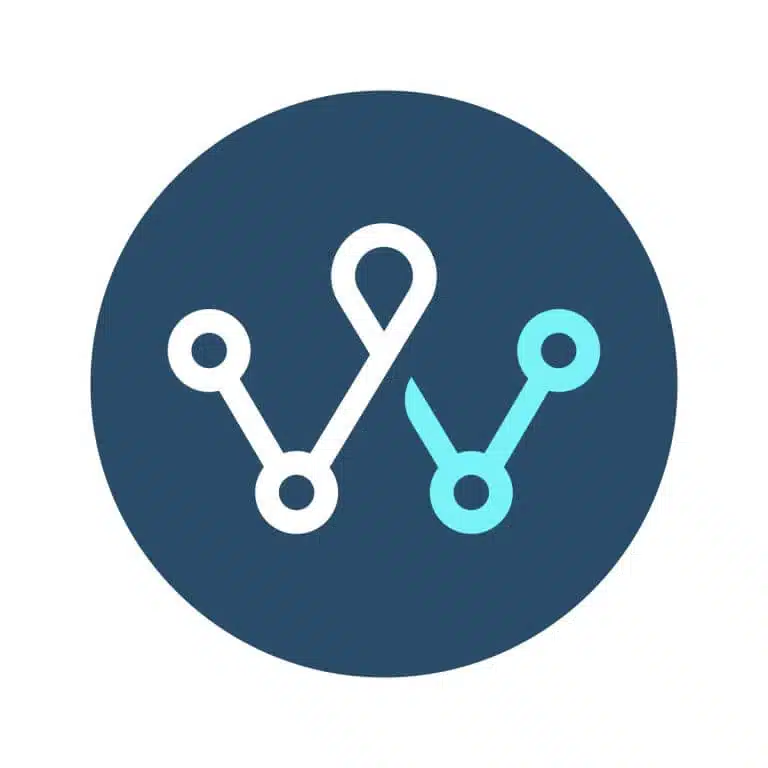Healthcare is a topic that’s been in the headlines for all the wrong reasons in the last two years. Who can forget those heartbreaking scenes of hospitals and healthcare facilities all around the country (and indeed the world) struggling to cope with the influx of sick patients?
As we move into 2022, healthcare organizations are looking forward to putting the worst of the unprecedented healthcare crisis behind them. As they make the shift out of “survival mode” back to business as usual, the all-important issue of building lasting customer relationships is back under the spotlight.
Effective communication is a key building block for great customer relationships. But to keep customers satisfied and loyal, you need to communicate with them about the right things, at the right time, and through the most appropriate channels.
Understanding the criticality of keeping their customers meaningfully connected to their organization, businesses in all industries invest in digital tools to help them streamline and optimize their customer communications. The global customer communication management marketplace was estimated at USD 1.5 billion in 2020 and is projected to reach USD 3.2 billion by 2027, growing at a CAGR of 11.3% over this period.
What Is Customer Communications Management (CCM)?
Before we explore the role of CCM in healthcare, let’s take a moment to clarify exactly what we mean by this term.
Customer communications management refers to how an organization plans, creates, shares, stores, and manages its outreach and interactions with external customers. The types of communications and the channels through which they’re distributed typically vary, but for most businesses, they’ll include their website, email, webchat, social media, and telephone calls.
CCM in the Healthcare Niche
Let’s face it: nobody really enjoys going to see doctors, being admitted to the hospital, or experiencing emergency room visits. It’s often a stressful, time-consuming, and expensive affair.
Healthcare organizations that succeed in building brand affinity and loyalty within their customer base are those that simplify the experience and help put patients’ concerns to rest by sharing timely and relevant information. This information needs to be customized for each patient and easy to consume, ideally delivered through the patient’s channel(s) of choice.
In our digital world, consumers have come to expect immediate, personalized interactions. And their expectations of healthcare providers are no different. When healthcare organizations fail to provide this level of service, it results in a poor patient experience.
Creating “great” patient experiences goes beyond ensuring people receive quality treatment at your facility from healthcare professionals; it includes every experience and interaction they have with you from start to finish.
Healthcare providers need to bear in mind that every patient is unique. Their preferred communication methods will differ depending on their age and other demographics. For example, some older patients who require chronic care management might be more comfortable with traditional paper-based mail and the telephone. Younger patients are more likely to interact through more digital channels – often via their smartphones.
To ensure you meet all your patients’ needs, you need to spread your communications net wide and embrace a truly omnichannel communications strategy.
That’s where the right digital CCM tools can help.
Benefits of Using CCM for Healthcare Organizations
A robust customer communication management solution enables you to plan, create, distribute, and track your customer communications from a centralized digital repository.
You’ll be able to integrate this healthcare system with your other enterprise platforms (such as CRM and finance) and seamlessly transfer data and documents between them. This allows teams from different lines of business to collaborate easily, which will further bolster your efforts to be highly responsive and relevant to your patients.
How to Find the Right CCM for your Healthcare Organization
As we touched on earlier, the market for CCM solutions is burgeoning, so you might be wondering how to narrow down your choices when evaluating all the options available to you. We’ve put together a few features and functions to look out for as you step through this process:
An Omnichannel Experience
The future of healthcare customer communications is truly omnichannel. When selecting a solution, ensure that you’ll have the ability to offer the full spectrum of communication channels while still keeping everything centralized and synchronized.
Regulatory Compliance
The healthcare sector is governed by strict rules regarding how patient data is transmitted and stored. The best CCM healthcare tools are designed with data security and privacy in mind.
Simplified Payments
In the healthcare sector, one area that needs special attention is billing. A good CCM solution will include various payment options that allow people to settle their bills electronically with just a few clicks. It should also allow patients to reach out to you easily should they have any queries about their healthcare costs or Medicaid services.
Data Analytics and Metrics
Ideally, your CCM tool should do more than facilitate the distribution of your customer communications; it should help you optimize them too. This is where data analytics comes to the fore. The best tools will give you granular insights about how effective a particular communication was. Did the customer respond in the way you’d like, for example, by clicking on an email, logging into their account, downloading a form, or responding to the CTA?
Modern digital CCM systems will give you clarity about what outreach is working and what’s not, so you can iteratively hone your communications approach and overarching strategy.
Post-Sale Service and Support
Any incidence of downtime in your healthcare systems can spell disaster. Should you run into a technical snag, the last thing you want is to be on your own. In addition, if your healthcare organization has plans for growth and diversification, you’ll want to ensure that your systems can scale with you easily. Look for a solution that offers consulting services and on-site or remote technical support when you need it.
How WayPath Can Help
WayPath’s team has broad cross-industry experience and an in-depth understanding of many parts of the healthcare system and value chain, including customer communications management.
Our consultants have years of experience connecting health enterprises’ goals with technological capabilities. They design tailored solutions that improve efficiencies, transform health services, and ultimately drive better health outcomes for patients.
The many services we offer our healthcare clients include:
- Personalized medical websites and portals
- Data analytics
- Healthcare CRM
- Back-office transformation
- Medical records systems
From off-the-shelf technologies to bespoke solutions, WayPath puts you on track to improve your business operations and increase your people’s productivity and efficiency while creating more enduring value for patients.
Read more about our approach here or get in touch with us today.




